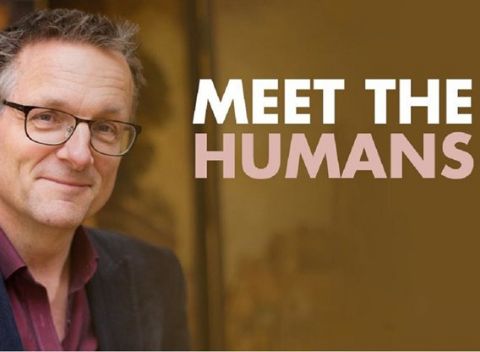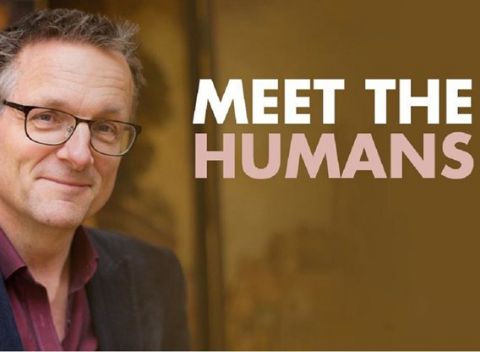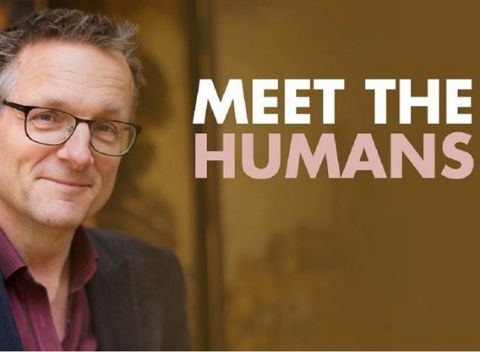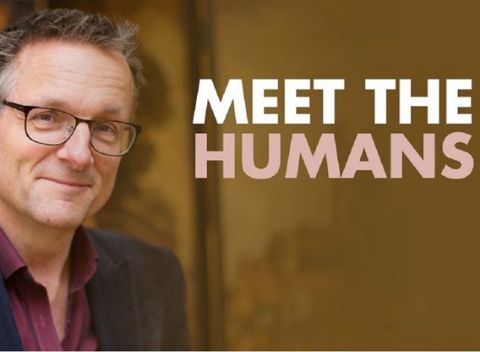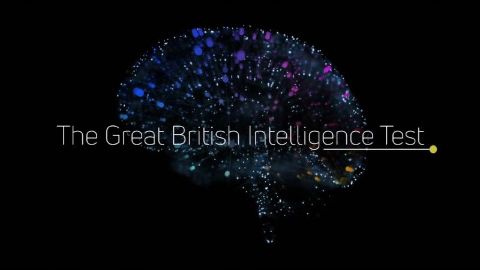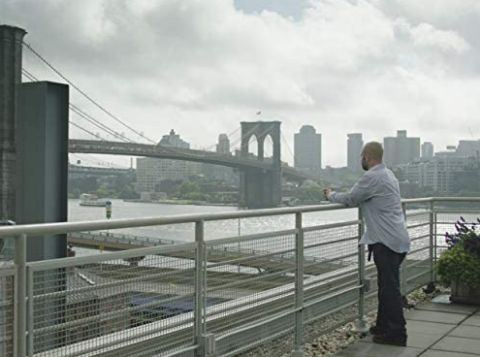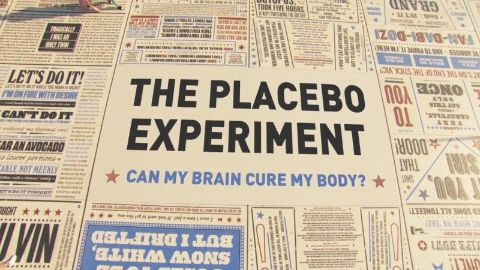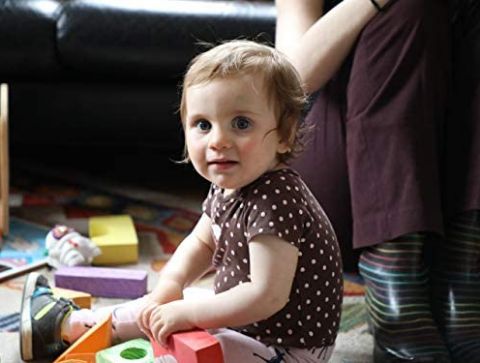Culture of Fear • 2017 • episode "S1E5" • Meet the Humans
Michael Mosley and a team of experts place human behaviour under the microscope. In the final episode, Michael and scientists Dr Jack Lewis and Dr Jennifer Wild explore the biology of fear and anxiety in the modern world. Fear is one of our most basic human emotions. In the past, it kept us from being eaten by a wild animal. But today, that isn't so much of a threat and yet we live in a state of anxiety - it's becoming unhealthy.
Make a donation
Buy a brother a hot coffee? Or a cold beer?
Hope you're finding these documentaries fascinating and eye-opening. It's just me, working hard behind the scenes to bring you this enriching content.
Running and maintaining a website like this takes time and resources. That's why I'm reaching out to you. If you appreciate what I do and would like to support my efforts, would you consider "buying me a coffee"?
Donation addresses
BTC: bc1q8ldskxh4x9qnddhcrgcun8rtvddeldm2a07r2v
ETH: 0x5CCAAA1afc5c5D814129d99277dDb5A979672116
With your donation through , you can show your appreciation and help me keep this project going. Every contribution, no matter how small, makes a significant impact. It goes directly towards covering server costs.
